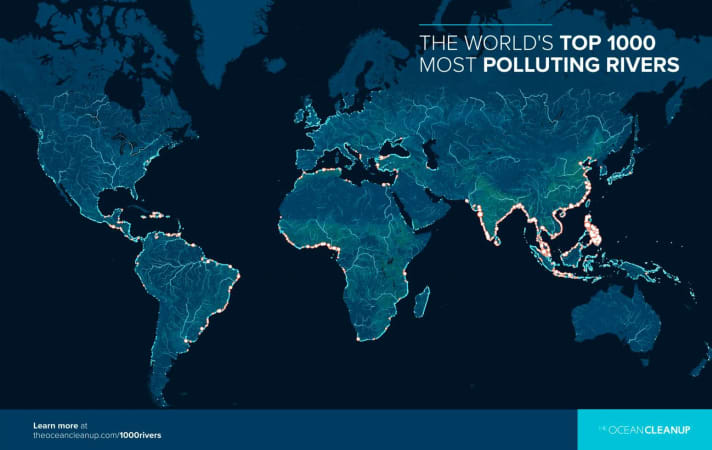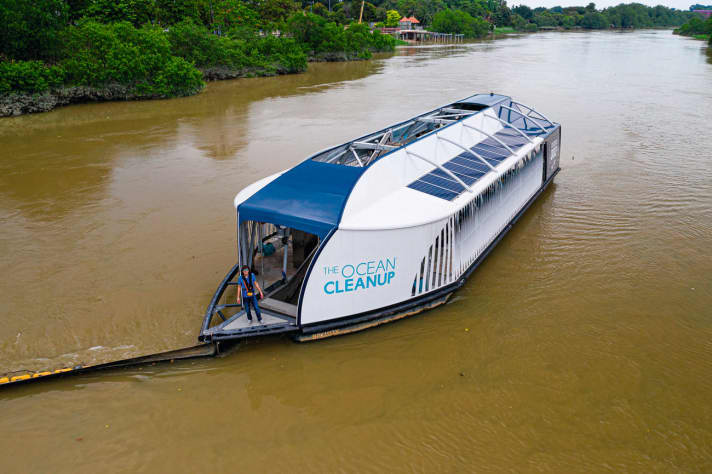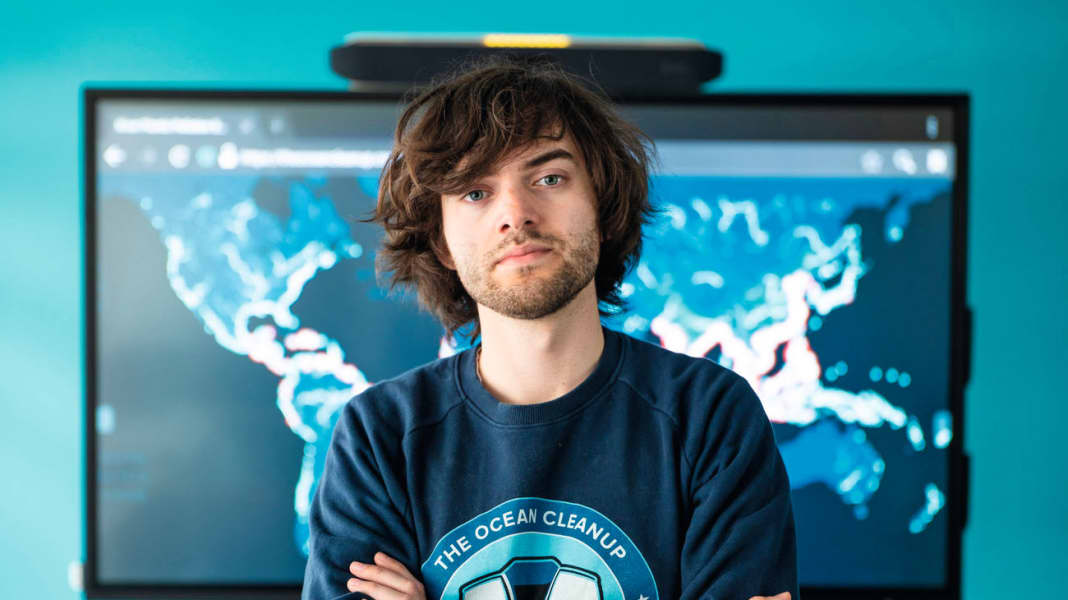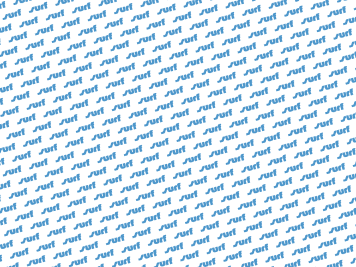With an estimated 100 million tonnes of plastic waste floating in the oceans, plastic is the plague of our generation and once in the sea, it is very difficult to remove. Using floating barriers that utilise natural currents, "The Ocean Cleanup" project has developed a system that concentrates the floating waste in the sea with the help of natural currents, removes it and feeds it into a recycling cycle. But that's not all. A large-scale investigation was carried out to determine where the plastic in the sea comes from in the first place. The result: over 80 per cent of the waste is carried in by just one per cent of rivers, most of it in developing and emerging countries with large populations and poor waste management.
"We collect the rubbish before it even reaches the sea.
This is the missing piece of the puzzle for clean oceans" (Boyan Slat)

The solution is to be called "Interceptor", floating waste collection ships that are to be solar-powered and completely autonomous and go on the hunt for plastic waste in rivers with the corresponding levels of pollution. They are to be anchored at strategic points in the course of the river where the current naturally concentrates the waste. If this is not possible, floating barriers will guide the waste to the interceptor without obstructing shipping. The interceptor itself transports the waste out of the water by conveyor belt, 50 to 100 tonnes a day. When the containers are full, the system reports and is emptied. Because large parts are kept out and the system is designed to be low-maintenance, Slat puts the costs at "lower than any other system and, above all, cheaper than the damage caused to the fishing and tourism industries. Doing nothing is more expensive than taking action," emphasises Slat.

The first Interceptors are already in operation, for example in heavily polluted rivers in Malaysia, Indonesia and Vietnam - with promising results. The goal: by 2024, Interceptor should be swimming in the 1000 dirtiest rivers and prevent 80 per cent of plastic entering the sea.
If you would like to support the project, which is largely financed by donations, or find out more, click here www.theoceancleanup.com

